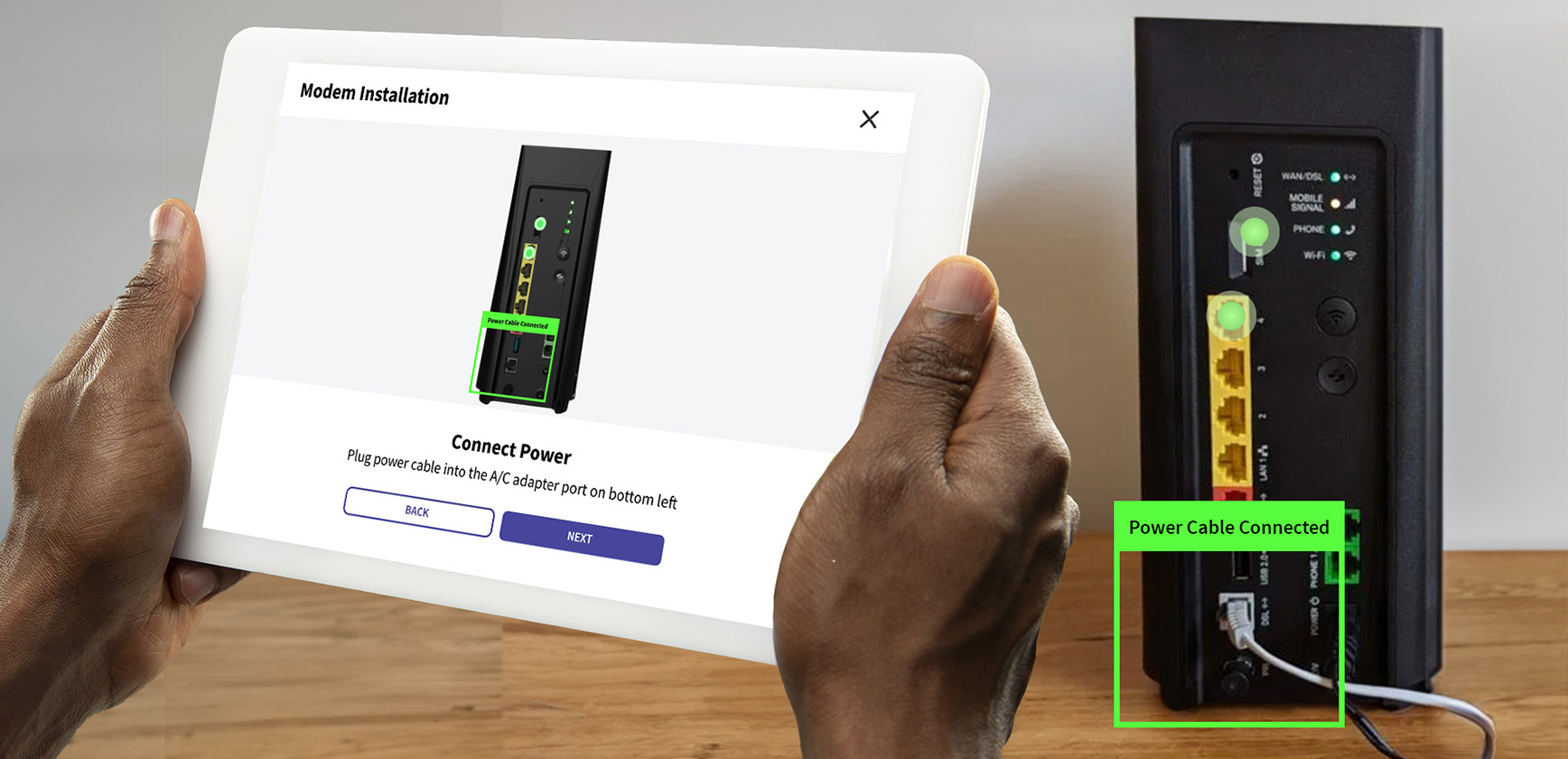In the field service industry, precision and reliability are paramount. Each and every task, whether routine maintenance or intricate repairs, demands meticulous execution to guarantee optimal equipment performance, safety, and compliance with industry standards. While traditional written instructions and technician memory have their merits, they can sometimes prove inadequate, leading to errors and oversights. Adopting alternative approaches is crucial to ensure precision and avoid any potential mishaps. CareAR® Instruct’s Visual Verification feature is a game changer for field service operations. By utilizing advanced computer vision and machine learning technologies, Visual Verification provides a reliable solution for ensuring accuracy and compliance in the field.
How Visual Verification Works
- Visual Work Instructions: CareAR Instruct provides technicians with clear and concise visual guidance, replacing text-heavy manuals with interactive, step-by-step instructions.
- Strategic Verification Points: Visual Verification prompts are strategically placed within these visual instructions. Technicians must use their mobile devices to capture images of specific equipment components or states with these prompts.
- Computer Vision Object Detection: The live video feed is then analyzed using custom-trained machine-learning models specifically tailored to the unique equipment and tasks involved.
- Real-Time Feedback: The models instantly detect and verify whether the equipment is in the correct state, providing immediate feedback to the technician.
Key Benefits for Field Service Organizations
Enhanced Safety Compliance: Visual Verification ensures adherence to safety protocols and procedures, reducing the risk of accidents and protecting both technicians and equipment.
Improved Procedure Compliance: Technicians adhere to strict maintenance and repair protocols that reduce the likelihood of mistakes and the need for additional work.
Reduced Shortcutting: The technology guarantees that every step is completed meticulously, eliminating the temptation for technicians to take shortcuts.
Enhanced Training and Knowledge Transfer: Visual Verification is a highly effective training tool that helps to reinforce proper techniques and capture valuable knowledge from experienced technicians.
Comprehensive Data Insights: The collected data provides valuable insights that can help improve technician performance, monitor equipment health, and identify areas for potential improvement.
Unlocking a New Era of Field Service Excellence
By integrating Visual Verification into field service operations, organizations can take a major leap toward ensuring accuracy, safety, and compliance. Embracing cutting-edge technology enables companies to empower their technicians, optimize their workflows, and ultimately provide unparalleled service experiences to their valued customers.
Take your self-solving capabilities to new heights and empower your field workers to work smarter and faster with the advanced features of enterprise augmented reality (AR) visual assistance and guidance. Learn more about augmented reality for field service.
